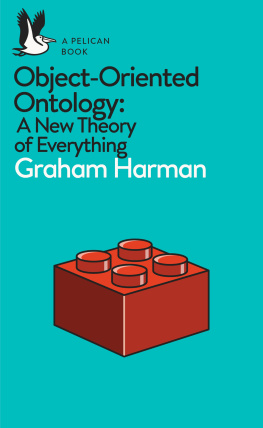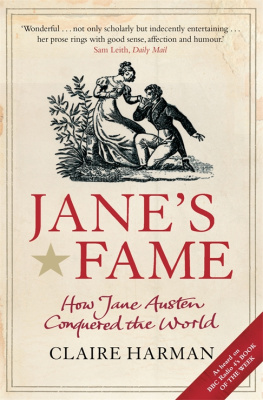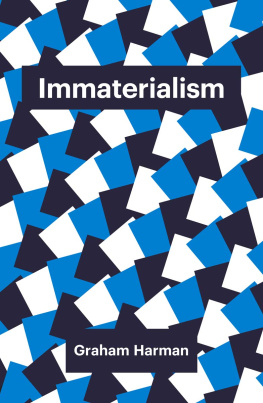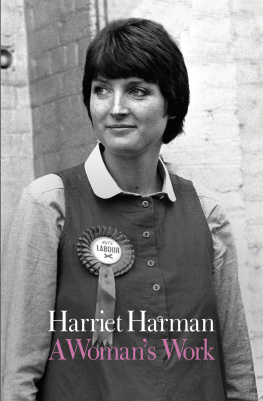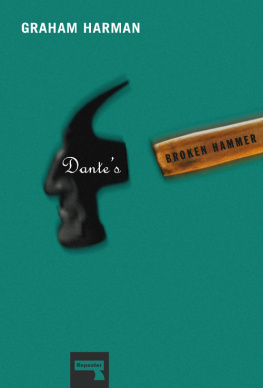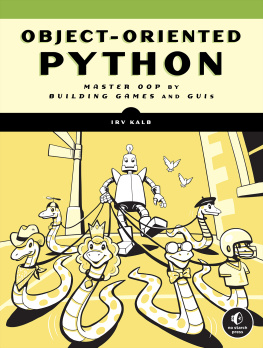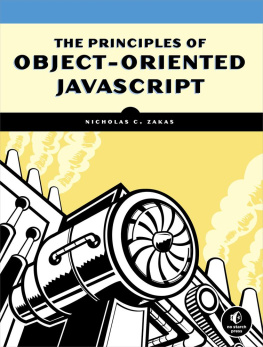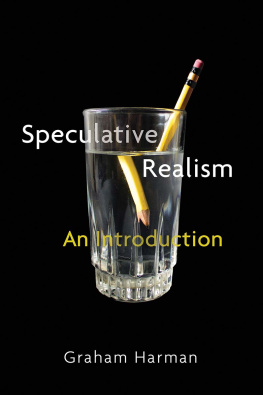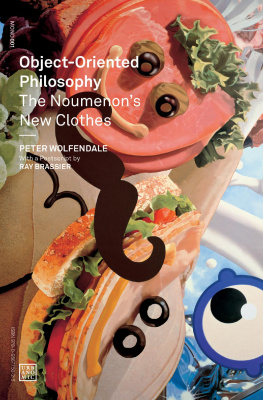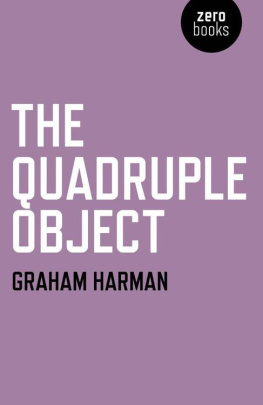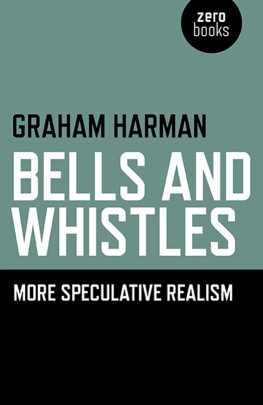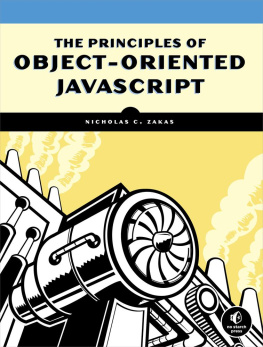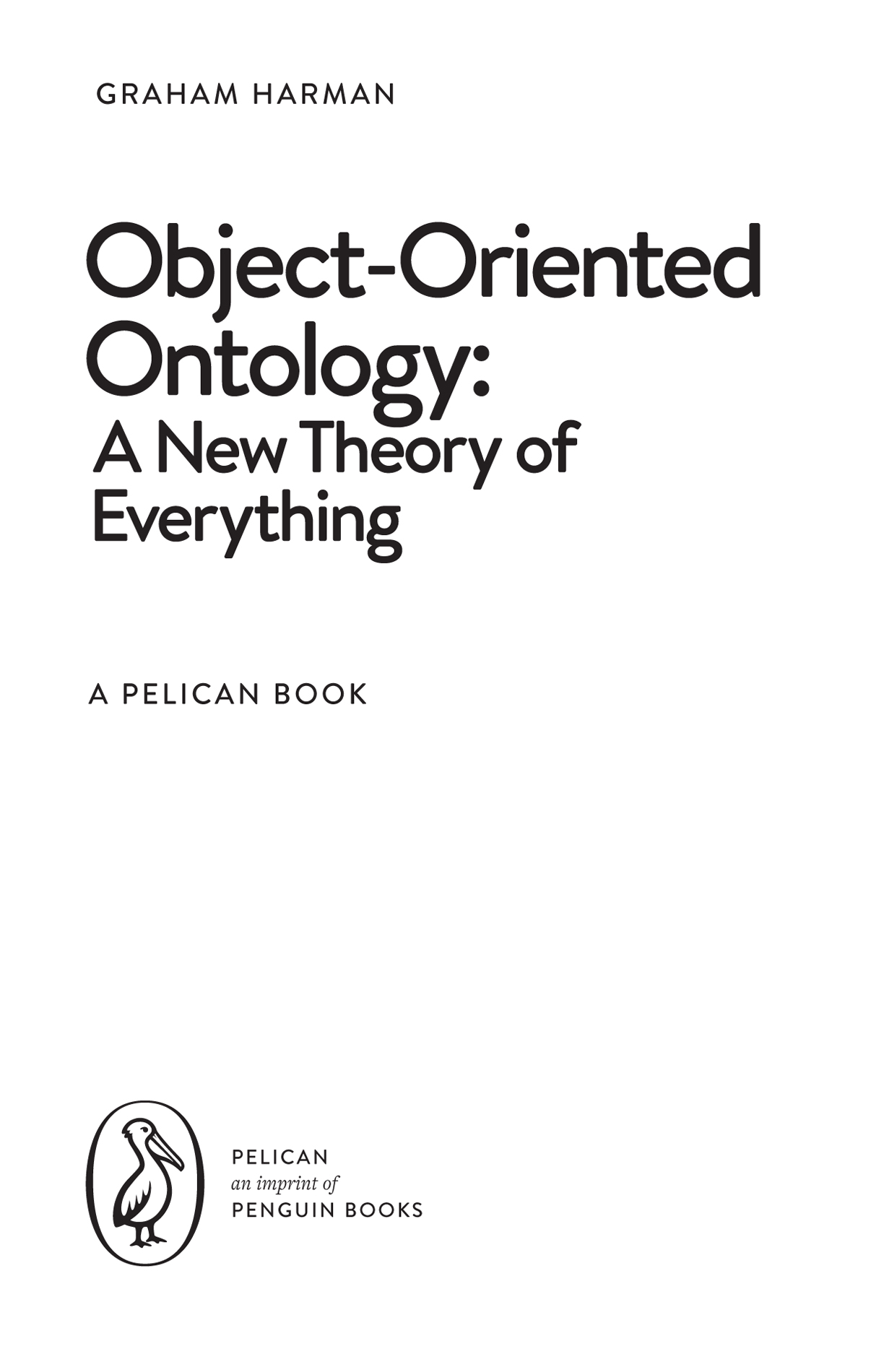Notes
Full publication details for all works cited in the Notes can be found in Further Reading.
INTRODUCTION
. Slavoj iek, The Hillary Clinton Consensus Is Damaging Democracy.
. James Ladyman & Don Ross, Every Thing Must Go.
. Slavoj iek, Afterword: Objects, Objects Everywhere.
. Bruno Latour, An Enquiry Into Modes of Existence, pp. 327, 337.
. I have heard this said by Dean Michael Speaks of Syracuse University in 2014, and by Michael Benedikt of the University of Texas in 2016.
. Mark Foster Gage, Counterpoint: A Hospice for Parametricism.
. Timothy Morton and Bjrk Gumundsttir, This Huge Sunlit Abyss from the Future Right There Next To You.
. Strictly speaking, I used the term object-oriented philosophy for my own work beginning in 1997, and first introduced it in public in 1999, in a lecture called Object-Oriented Philosophy, later published in my book Towards Speculative Realism. In 2009, Bryant coined the term object-oriented ontology as a piece of umbrella terminology capable of embracing object-oriented approaches other than my own. It should be noted that by that point the phrase object-oriented ontology had already been used as an article title by philosopher Aden Evens (in 2006). But Evens piece dealt with the implications of computer programming for philosophy rather than with the sort of broad philosophical ontology envisioned by the OOO movement.
. Martin Heidegger, Being and Time.
. Graham Harman, Immaterialism: Objects and Social Theory and Bruno Latour: Reassembling the Political.
. Jane Bennett, Vibrant Matter; Tristan Garcia, Form and Object.
. Mark Foster Gage, Counterpoint: A Hospice for Parametricism; Erik Ghenoiu, The World Is Not Enough; David Ruy, Returning to (Strange) Objects; Tom Wiscombe, Discreteness, or Towards a Flat Ontology of Architecture.
CHAPTER 1: A NEW THEORY OF EVERYTHING
. Brian Greene, The Elegant Universe, p. 211.
. Lee Smolin, The Trouble with Physics; Richard Woit, Not Even Wrong.
. John Branch, Fright Nights in the NBA.
. C. G. Jung, The Archteypes and the Collective Unconscious.
. Sam Coleman, Mind Under Matter.
. Manuel DeLanda, Emergence, Causality and Realism.
. G. W. Leibniz, The Principles of Philosophy, or, the Monadology. The chief paradox of Leibnizs concept of the monad is that on the one hand it is said to be completely self-contained, having no windows as Leibniz colourfully puts it. A monad cannot communicate with anything else directly, but only insofar as God allows for such communication to occur. But on the other hand, the Leibnizian God sees to it from the dawn of time that every monad is utterly saturated with relations to other monads. In one of his best-known examples, the fact that Julius Caesar effectively declared war on the Roman Republic by crossing the Rubicon River with his army was not the contingent result of a free decision by Caesar. Instead, this decision was contained in Caesars monad from its creation at the beginning of the universe, billions of years before that monad was born as a human infant from the body of its mother. This obviously poses problems for an adequate Leibnizian account of free will, and I for one though a great fan of Leibniz have never found his efforts on this point to offer much more than nuanced contradiction.
. Tim Lenton, Earth System Science, p. 15.
. Jeffrey Bub, Interpreting the Quantum World, p. 34.
. Jakob von Uexkll, A Foray into the Worlds of Humans and Animals, p. 47.
. Ren Grousset, The Empire of the Steppes, p. 110.
. John Julius Norwich, A History of Venice, p. 412.
. Daniel Dennett, Quining Qualia, p. 384.
. Martin Heidegger, What Is Called Thinking?, p. 8.
. Aristotle, The Metaphysics, Book VII.
. Wilfrid Sellars, In the Space of Reasons, p. 369.
. Manuel DeLanda in conversation with Christoph Cox, Possibility Spaces, p. 93.
. Martin Heidegger, Insight Into That Which Is, in Bremen and Freiburg Lectures.
. Franz Brentano, Psychology from an Empirical Standpoint; Kasimir Twardowski, On the Content and Object of Presentations; Edmund Husserl, Intentional Objects; Alexius Meinong, On Assumptions.
. Martin Heidegger, Being and Time. For a critique of Heideggers interpretation of his own thought-experiment on the hammer, see Graham Harman, Tool-Being.
. A good, short collection of the sayings of the various pre-Socratics can be found in Chapter 2 of Carl Levenson & Jonathan Westphal (eds.), Reality.
. Graham Harman, On the Undermining of Objects.
. Ren Descartes, Meditations on First Philosophy.
. George Berkeley, A Treatise Concerning the Principles of Human Knowledge.
. Alfred North Whitehead, Process and Reality; Bruno Latour, Irreductions.
. William James, Pragmatism; Charles Sanders Peirce, Philosophical Writings of Peirce.
. Edmund Husserl, Logical Investigations.
. Michel Foucault, The Archaeology of Knowledge.
. Jacques Derrida, Of Grammatology, p. 158. It is fashionable among Derrideans to quibble over the proper translation of this phrase, and technically they are right that il ny a pas de hors-texte should be translated as there is no outside-text. But since both English translations seem to me to lead equally to anti-realism, I have stuck with Gayatri Spivaks now-classic choice of English wording.
. Aristotle, The Metaphysics.
. Graham Harman, Undermining, Overmining, and Duomining.
. Plato, Meno.
. Manuel DeLanda & Graham Harman, The Rise of Realism, p. 58.
. Karen Barad, Meeting the Universe Halfway.
. Levi R. Bryant, The Democracy of Objects.
. Roy Bhaskar, A Realist Theory of Science. For Bhaskar, a flat ontology is one that flattens out everything by saying that everything is equally a human experience. This leads to an empiricist philosophy of science that Bhaskar rejects, since he is interested in real causal mechanisms that never quite become evident in experience but are deeper aspects of the world itself.
. Quentin Meillassoux, After Finitude.
. Bruno Latour, We Have Never Been Modern.
. Graham Harman, Prince of Networks.
CHAPTER 2: AESTHETICS IS THE ROOT OF ALL PHILOSOPHY
. Adrian Johnston, Points of Forced Freedom, p. 93.
. Pseudo-Dionysius, Pseudo-Dionysius: The Complete Works, p. 30.
. Bennett Cerf, Book of Riddles.
. Cleanth Brooks, The Well Wrought Urn; Max Black, Metaphor.
. Jos Ortega y Gasset, An Essay in Esthetics by Way of a Preface.
. The book of poetry in question was Jos Moreno Villa, El pasajero (The Traveller).
. It should be noted that Ortegas essay also includes some misogynistic and Anglophobic remarks that I do not endorse.
. Immanuel Kant, Groundwork of the Metaphysics of Morals.
. Alphonso Lingis, The Imperative.
. Immanuel Kant, Prolegomena to Any Future Metaphysics.
. Immanuel Kant, Critique of Judgment.
. Ortega, An Essay in Esthetics by Way of a Preface, p. 136.
. Graham Harman, Zero-Person and the Psyche.

